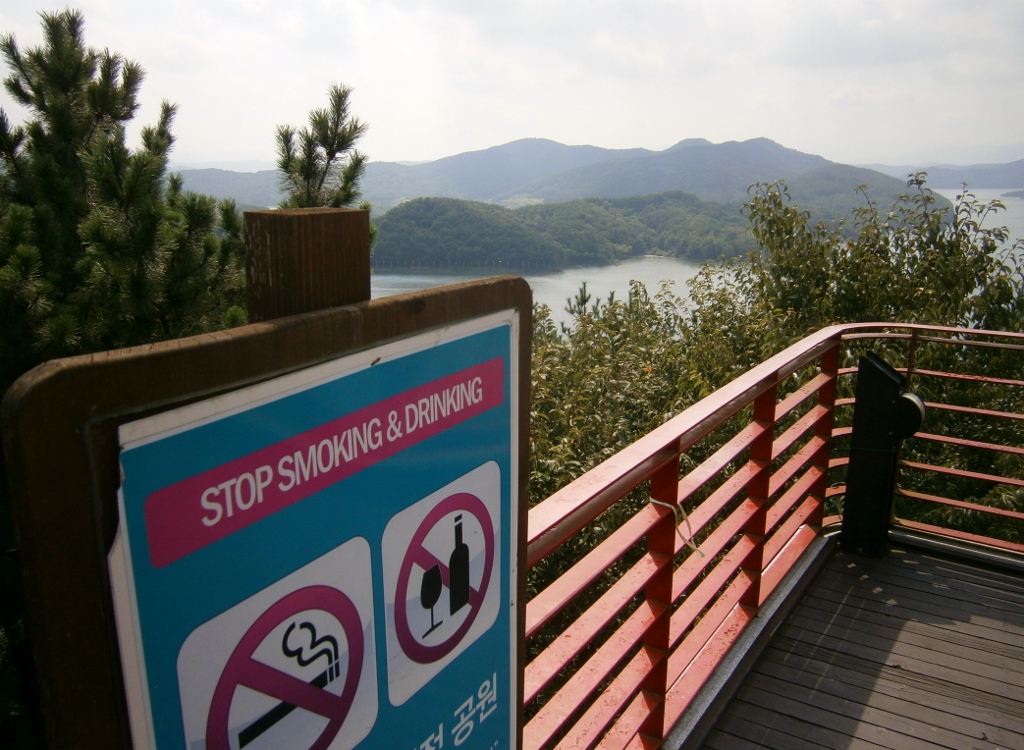I returned late on Sunday, August 4th, from a trip to Jinju (진주) and Jeonju (전주), cities in southern Korea.
The trip reinforces a view I have held tentatively ever since my August 2009 trip to Daejeon [대전] (in which I snuck into a UN-Youth event that a friend from Europe was attending). Namely: Korea is a lot more pleasant outside the Seoul region. By pleasant, I mostly mean “authentic”, though what that means I cannot say.
The trip reinforces a view I have held tentatively ever since my August 2009 trip to Daejeon [대전] (in which I snuck into a UN-Youth event that a friend from Europe was attending). Namely: Korea is a lot more pleasant outside the Seoul region. By pleasant, I mostly mean “authentic”, though what that means I cannot say.
I can say that in the southern provinces the food is much better, the people are much nicer, there is less pretentiousness, more willingness to engage foreigners, and an easier pace of life. The ‘southern’ accent, especially in Jinju, is livelier and really on the “sing-song-ey” side. I hadn’t realized how ‘straight’ (or perhaps ‘flat’) the Seoul accent really was, but hearing Korean spoken by natives of Gyeonsgang Province showed it starkly.
I don’t intend in these pages to write a full report of everything I did and saw. I do intend to post some bits and pieces of interest. For example: Jinju’s English signage editor, whoever he is, belongs to that generally-dominant school of thought in the field of English-signage writing in East-Asia that says “Make it off just enough to make native-speakers laugh”. Example:
“Stop Smoking and Drinking”
Using the word “stop” sounds really like it’s advice being given by a doctor, or maybe advice from a concerned relative to a middle-aged man for health and/or vaguely-moral reasons. Or maybe a public-service campaign.
These signs are sponsored by the city government. I saw them at other tourist areas, as well.

